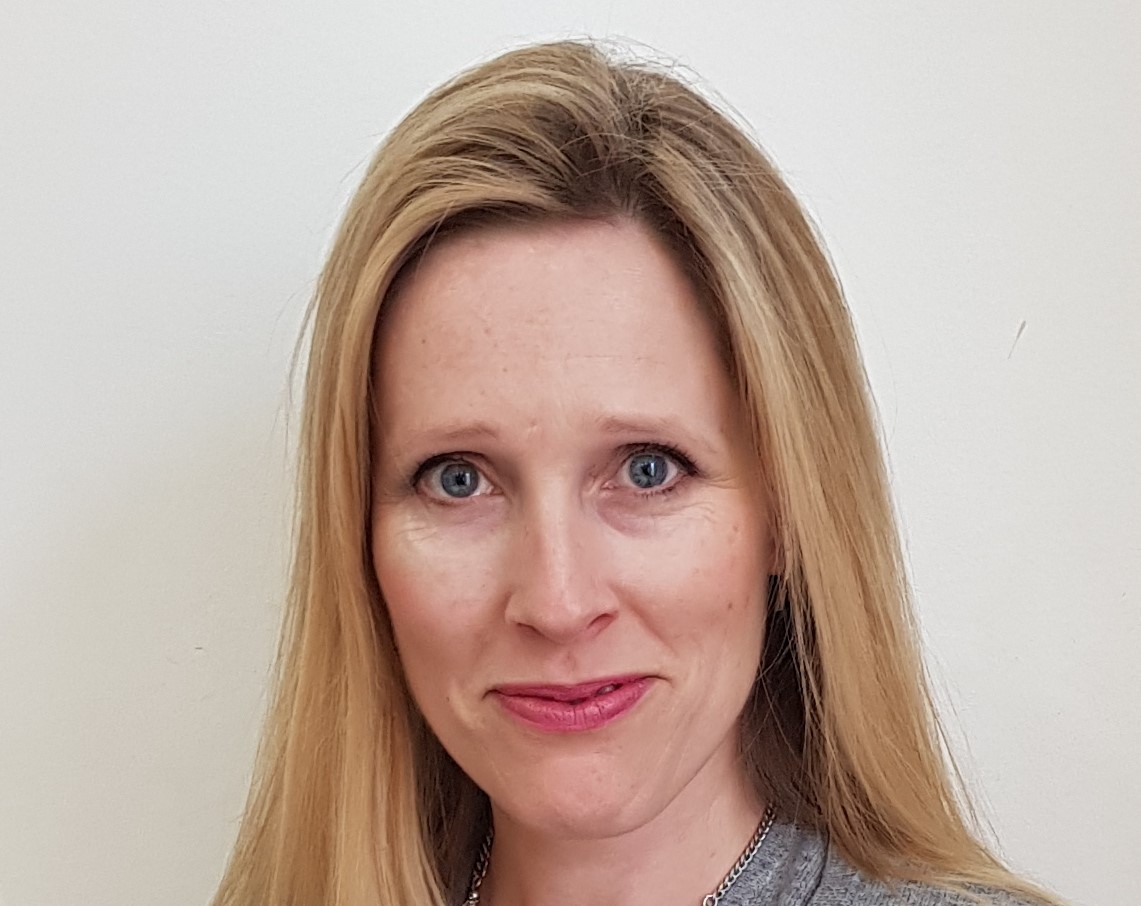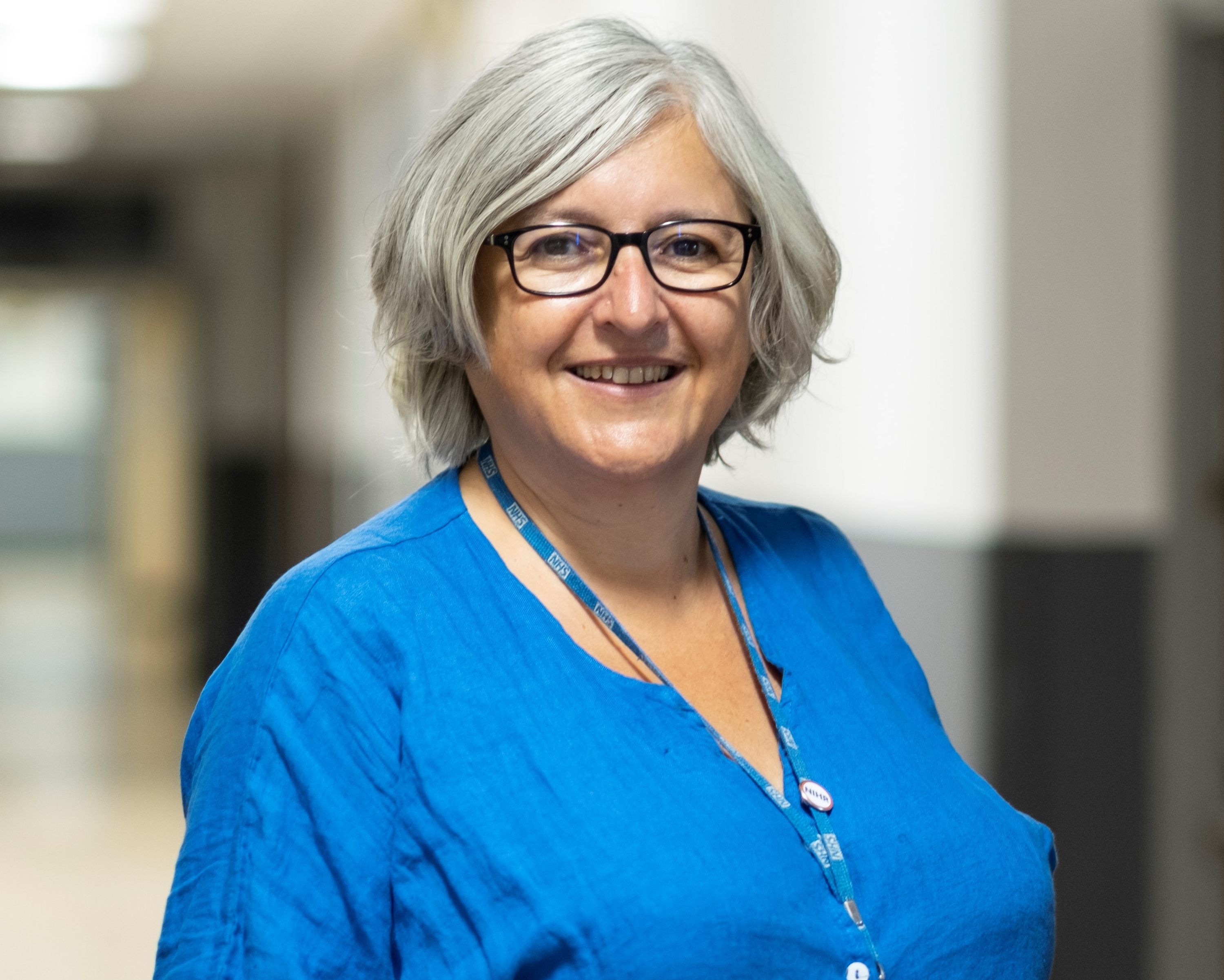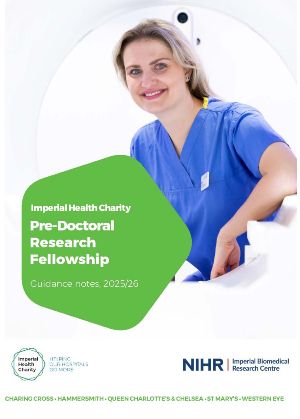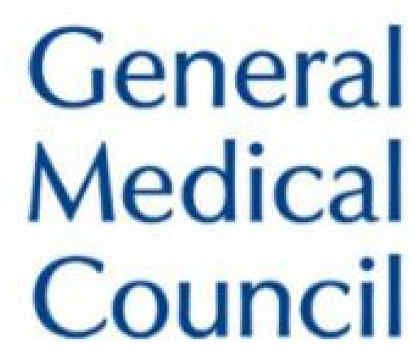RESEARCH: CRITICAL CARE SUPPORTIVE CARE/STAFFING
 How did you get into research?
How did you get into research?
I undertook a Masters quite early in my nursing career and did some primary research for that. In 2001/2, our nurse consultant noticed that I was keen on research so got me involved in some nurse-led research projects, which I supported whenever it was a bit quieter on the critical care unit. A couple of years later, she and I eventually successfully applied to the charity for funds for me to work as a nurse researcher on the unit, and so my clinical academic career started.
What do you enjoy about research?
I love being able to tackle clinical questions, born out of practice, and look for ways to improve care and practice through the application of research projects, and using robust methods. Being able to then apply findings from my work, and others’ work, swiftly into clinical practice is really rewarding. It means that every day is different.
What was the most difficult aspect of doing your PhD?
I worked full-time and completed my PhD in my own time (although we did get a generous study leave allowance back then in my Trust- 4-5 weeks a year), but it was still hard to balance work with 20+ PhD hours on top, and having a small baby did not help.
What was the most challenging aspect of continuing your research after completing your PhD?
Getting funding is undoubtedly challenging. For every success there are numerous failures, but you can learn from these. My doctoral passion (end-of-life care in critical care) is quite niche and it has not been easy getting funding in this area. Luckily, as I have developed my career as a clinical academic, I have accumulated quite a broad portfolio in critical care research, so the breadth has meant success in other areas of clinical care research. I have had to be innovative with how we have got funding in certain areas.
What difference has your research training and experience made to your career?
It provided me with a good grounding in certain methods, which I’ve continued to build on. Research is an ongoing learning experience, and through being part of others’ research it extends your methods of learning continually. Innovative research designs are constantly evolving and this is the really exciting part of methods. I have gained a comprehensive understanding of a range of research methods, alongside the practical experience of undertaking studies. I would say, however that I’m continually learning, particularly from my PhD students, which is a real pleasure.
What do you think is the greatest misconception about clinical academia?
I think some may have the view that clinical academics have an easier ride, and while we do in many ways have the best of both worlds (switching between clinical practice and research), it can mean a lot of extra hours and can sometimes feel like two full-time jobs. It is so immensely rewarding that most clinical academics take this in their stride and see it as part of that kind of role.
How has research changed your clinical practice?
In my substantive role (at the University of Hertfordshire and East and North Herts NHS Trust), I’m clinical lead for our critical care recovery service and I have lots of examples of how my work has influenced my practice, such as, the effectiveness of critical care diaries (the only proven intervention for post-ICU psychological recovery at the moment) how diaries are administered and used in practice.
What has made a difference to progressing your research career?
I’ve been lucky to have some champions behind me, both nurses and medics, who have supported me in various ways and encouraged me to progress, from charity applications for posts, to taking on various new national roles and inviting me to participate in research programmes. I’ve also grown in supportive environments, where I’ve been encouraged to take academic risks with my career and research, which have paid off. The NIHR has been transformative for clinical academics, but I would emphasise this is not the only route.
Where do you see your clinical academic career going over the next 5 years?
I was appointed as a Clinical Professor 6 years ago, so realistically as a clinical academic there is not much further in terms of progression. My key goals now are to finish the NIHR-funded UK-wide critical care staffing study that I am leading, and achieve more funding success to develop my research team as more clinical academics are needed.
Professor Natalie Pattison, Researcher in Residence - ICU, Imperial College Healthcare NHS Trust, n.pattison@imperial.ac.uk
To download Natalie's case study please click here: Natalie Pattison - Case Study (PDF)
Useful links
Contact us
The CATO Team and Radiographers Incubator work on a Hybrid model, combining days in the office with days working from home – the best way to reach us is by email.
cato@imperial.ac.uk
radresearch@imperial.ac.uk
+44 (0)20 3313 7397



